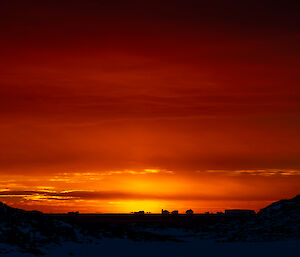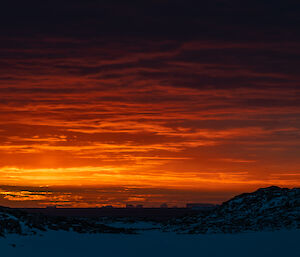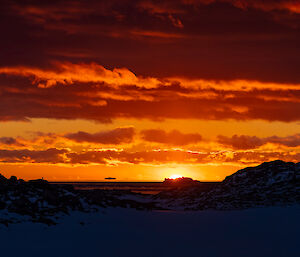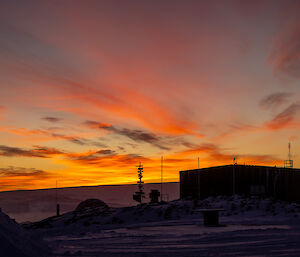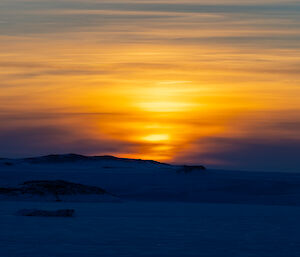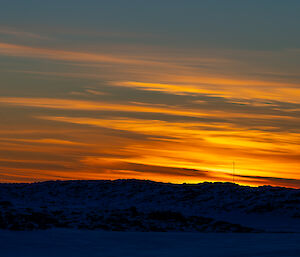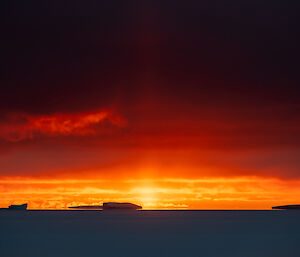Have you ever purposefully dampened one of your senses to experience how other senses compensate? Some people do such things as dining in the dark, which can provide a heightened taste experience – a theme that some restaurants have made popular. It’s also known that blind people can use their heightened sense of sound to gather information about their environment. Some even make noises and can hear the sound echo off objects directly around them, which creates a picture of their world. This example demonstrates the ability of the brain to adjust its method of information input depending on the sensors available. Our brains are incredible; you can read a lot about the subject, but be warned – the rabbit hole goes deep.
Now consider what it would be like to live in an environment that has minimal sounds and smells. If you are in the field of Antarctica and there is no wind or nearby penguin colonies, then you cannot hear anything. I mean nothing. Any sound, such as a footstep crunching on the snow, can feel deafening at times. Along the same lines, if you are not surrounded by elephant seals that are wallowing in their own filth, or amongst a penguin colony which has a rather pungent odour, then you have will likely have zero smells wafting toward your nostrils. None. Imagine yourself on a hill in Antarctica on a still day: the only sensory input is the clothing against your skin, maybe the last food you ate, and the view before you. Sometimes I find myself captivated by the views here, and I often wonder if it’s because two of my senses are receiving no data, therefore my vision is heightened. I may also have a mild case of synaesthesia, I don’t know, but sometimes I can feel the view – especially a vibrant sunrise or sunset. This can be overwhelming at times when the skies are engulfed with colour and it’s reflecting off a dominantly white landscape, including the blanket of sea ice. I often fall into the trap of giving my attention to the direction of the sun and soaking up the surreal picture before me, and then I turn and feel another wave of visual sensations as I see the colours that dominate the rest of the sky and landscape. The view seems so tangible that I should be able to hold it.
If you can’t recall a time when you experienced a heightened sense, I encourage you to test the theory for yourself. You may discover a new way to enjoy something you already love. Some suggestions:
- Eat a favourite meal in the dark/blindfolded (accept that it may be messy – especially if it’s spaghetti)
- Sit in the park with noise cancelling headphones on, but playing no sounds. You’ll notice your eyes are drawn to things you may have otherwise missed. Chances are you will become more aware of your breathing, as your sense of touch against the bench or your clothing will be heightened. You will feel your diaphragm expand and contract.
- Sit in a garden with your eyes closed, ideally in spring. The smells of flowers, roses, pollen, trees, grass, and the earth can be intoxicating. Trying this on a dry day, a rainy day, in the morning, or afternoon can provide surprisingly different results.
If you have never been to Antarctica and/or have a loved one down here, understanding this often-unconsidered aspect of life down here adds a layer of understanding of the environment we’re living in. This may also help understand why wintering expeditioners have a sensory overload when returning back to Australia. I can vividly recall feeling small microclimates while walking along a creek the day after I got back from a winter on the continent – I could feel the difference from one side of a tree to another. Strong perfumes were offensive to the nose, and cafés were far too loud for comfort. The sun on my skin was like a blanket made up of every hug I’ve ever had; I could almost hear the sun touching me. I was home, but it was a home I had never felt.



